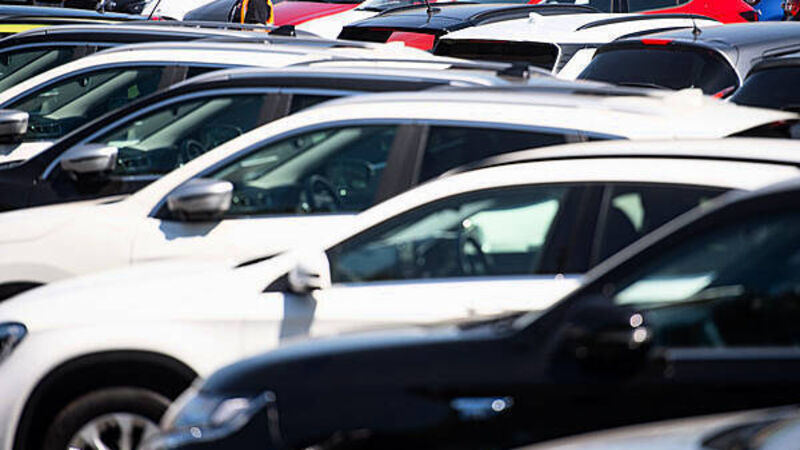Budget move could raise taxes on high-emissions cars and vans

Michael McAleer
A 1 per cent increase in the higher rates of Vehicle Registration Tax (VRT) is one of the Budget options outlined by the Department of Finance’s Tax Strategy Group (TSG) in its latest papers.
It says that if applied across the upper VRT bands – 11 to 20 – covering the price of new and imported used cars, it “would affect only cars with above-average emissions” and could raise €28 million based on 2024 registrations.
The group also suggests increasing the NOx surcharge on new and imported cars by €5 per mg/km, potentially generating another €15.5 million.
On Benefit-in-Kind tax (BIK), the paper proposes creating a new zero-emissions category, with rates ranging between 6 and 15 per cent, depending on annual business mileage.
A higher VRT rate of 15 per cent is also suggested for vans and light commercial vehicles emitting more than 260g/km of CO2. This would sit above the recently introduced two-band emissions-based VRT system, where the top rate currently stands at 13.3 per cent for vehicles over 120g/km.
The TSG notes that future reforms could include emissions-based BIK rates for vans, potentially retaining the current 8 per cent rate for low-emission models, with higher rates for those over a certain CO2 threshold.
The latest TSG paper revises a proposal made last year on an additional VRT surcharge based on a vehicle’s weight.
Modelled on a system currently operated in France and Norway, an additional charge would be imposed on vehicles above a certain weight threshold, with various potential reliefs for the likes of fully-electric or hybrid models.
The TSG states: “It is well documented that the scale of the proposed electrification of the national fleet will entail significant revenue risk, with the growth in EVs expected to erode Exchequer receipts from motor tax, VRT, VAT and fuel excise, particularly if the current tax structures remain unchanged.”
It estimates that revenue from taxes on fossil fuel use and related transport will fall by €1 billion by 2030, down from €5.3 billion in 2022.









